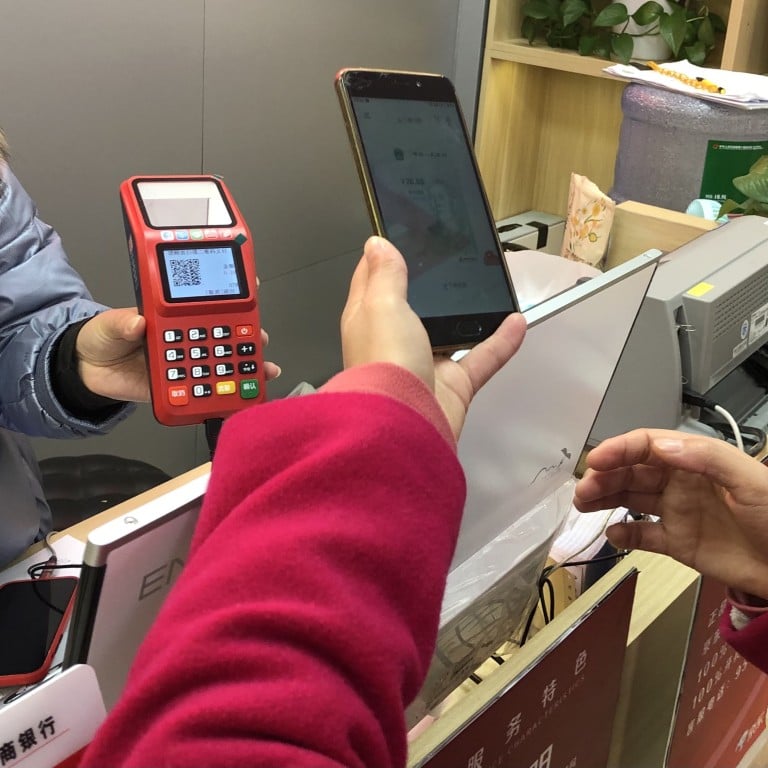
China digital currency: e-CNY wallet lands in app stores ahead of Winter Olympics 2022
- Users with a digital yuan wallet can register to use the app in select cities, such as Shanghai and Xian
- Beijing has said that foreign visitors would be able to use the digital yuan at Winter Olympics venues this February
China has made a key step forward in its ambitious push to develop a sovereign digital currency by opening its e-CNY wallet app for public download in the country’s iOS and Android app stores.
The trial version of the digital yuan app, which was previously downloadable only via private links, is free to use. But new user registrations are limited to designated Chinese cities undergoing digital yuan trials, namely Shenzhen, Suzhou, Xiongan, Chengdu, Shanghai, Hainan, Changsha, Xian, Qingdao, and Dalian, as well as venues of this year’s Winter Olympics, hosted by Beijing.
The move comes just weeks ahead of the Lunar New Year, when people in mainland China customarily exchange monetary gifts in the form of digital “red packets”, known as lai see in Cantonese.
How close is China to launching its digital currency?
The digital yuan, developed by the Digital Currency Research Institute under the People’s Bank of China, is meant to replace Chinese banknotes and coins in circulation.
But commercial digital payment methods such as Ant Group’s Alipay and Tencent Holdings’ WeChat Pay – both of which allow users to top up their accounts, transfer money, and make payments with QR codes or NFC just like the e-CNY app – are already highly popular, giving consumers few incentives to switch to the digital yuan.
About 140 million Chinese residents had opened a digital yuan account as of October 2021, with accumulated transactions reaching 62 billion yuan (US$9.7 billion) since launch, Mu Changchun, head of the Digital Currency Research Institute, said in November.
In contrast, Alipay – the main payment service affiliated with South China Morning Post owner Alibaba Group – reported 1.3 billion users by July 2020. Payments made through Alipay totalled 118 trillion yuan by the end of June that year, according to Ant Group’s prospectus for its since-derailed IPO.
While the e-CNY wallet app is the official platform for the digital yuan – also known as Digital Currency Electronic Payment (DCEP) – the currency is also accessible through electronic wallets of the Industrial and Commercial Bank of China, Agricultural Bank of China, China Construction Bank, Bank of China, Bank of Communications, Postal Savings Bank of China, China Merchants Bank, as well as MYBank, backed by Ant Group, and WeBank, co-founded by Tencent.
Despite the central bank’s strong push and the international attention garnered by the digital yuan, China has not announced an official timetable for the official launch of DCEP.
However, China has said that the digital yuan will be made available to foreign visitors without a Chinese bank account during the Winter Olympics, scheduled to start on February 4.

